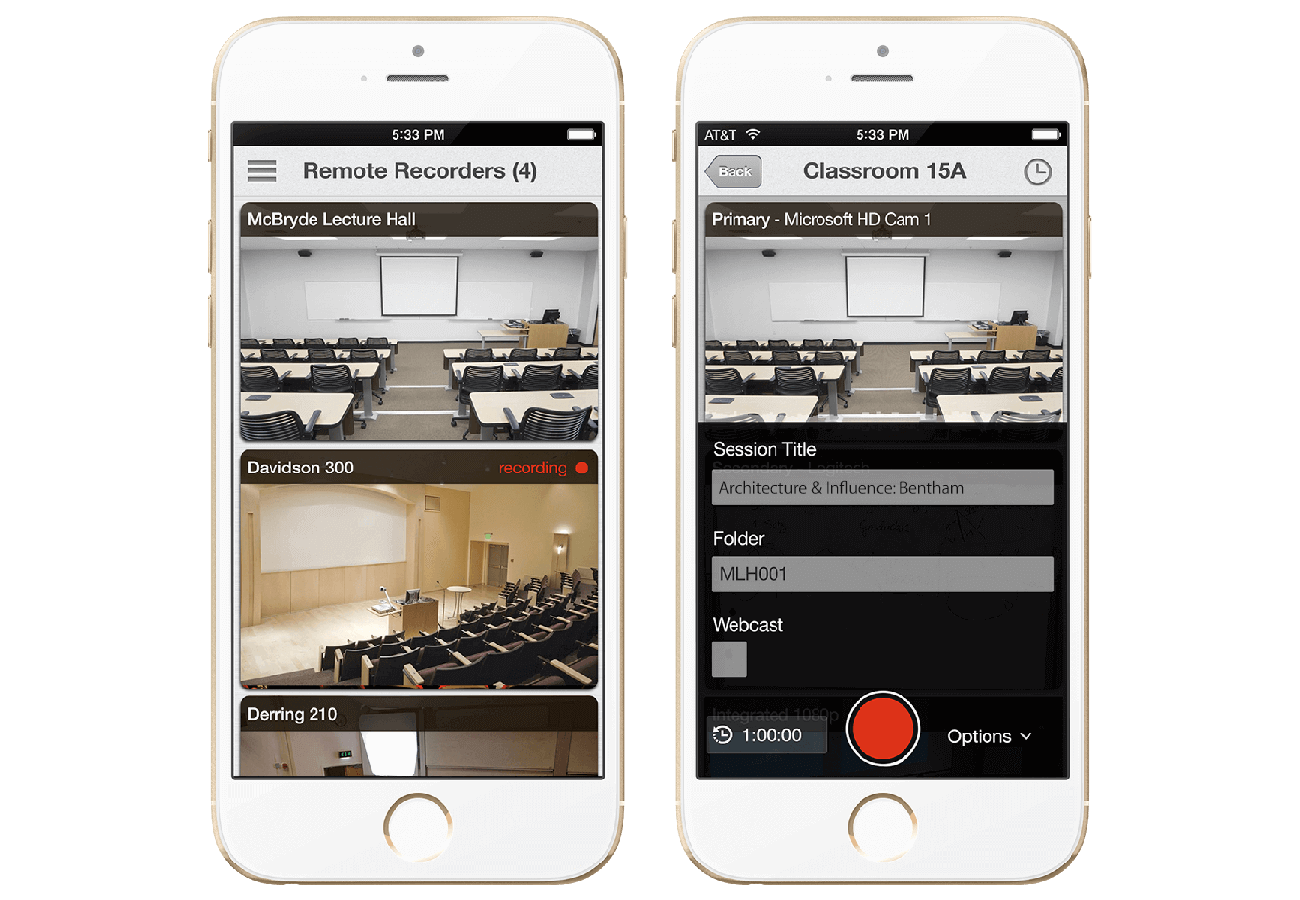
When they are aware that the session is being recorded, they may hesitate to share freely. Some classes require students to disclose personal experiences. The Course Requires Self-Disclosure from Students The ARS can oversee the fulfillment of the deal’s requirements. The stipulations in the legal document should explicitly mention the purpose and limitations of recording lectures in college. Usually, these conditions can be guaranteed via a contract between the educator and the student. The Accessibility Resource and Service (ARS) is responsible for addressing and respecting privacy and copyright concerns while ensuring that student accessibility is accommodated. Even so, their copyright and privacy concerns do not go over the need to accommodate students. They also prefer maintaining their right to keep the classroom discussions private. Most of the time, when a lecturer prohibits the use of recording devices, it is because of copyright concerns. The Lecturer’s Right to Privacy and Copyright Protection They can overcome this issue by listening to the audio recording. It’s worth noting once more that eligible students are those who are struggling to take clearly written notes while attending a lecture. Whether they are having the class in person or remotely, they still have the privilege to take audio recordings of their classes. It should only be published or quoted with the permission of the lecturer alongside proper attribution to the source.īesides the factors we mentioned above, you should also consider the following: The Eligibility of the StudentĮligible students are able to freely record lectures, especially because the ARS makes smartphones and computer applications accessible for them. Recorded courses contain information that is protected by copyright laws.Recorded lectures are for personal use only and should not be shared with other people without the consent of the speaker.These are individuals who are not able to take or read notes during classes. Recording lectures in college are allowed for students with disabilities for personal educational reasons.Even so, you still need to consider certain rules when recording courses. Recording lectures in college has been an accepted practice for students with disabilities who need access to a better educational experience. We’ll discuss all the legalities involved in recording university courses. So, in this article, we’re going to discuss tips for recording lectures in college without breaking policies and laws. What may seem like a simple recording can get a student in legal trouble.

However, because they have become more accessible, many college students easily overlook copyright laws and policies. This is also the reason why voice recording apps have become extremely popular.

However, these days, with most students using a smartphone, recording lectures in college has become a popular learning strategy.Īccording to a study from Nanyang Technological University in Singapore, over 66% of students supplement their study workflow with recorded lectures. They use productivity and note-taking apps just to get the most out of their education. It’s not uncommon for college students to find ways to optimize their learning experience.


 0 kommentar(er)
0 kommentar(er)
